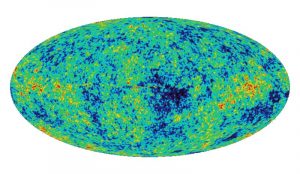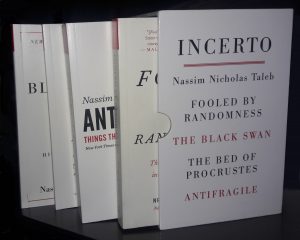I love Astronomy and Astrophysics.
I was born in 1969. The year when the first man set foot on the Moon. One of my dream is to myself set foot on the Moon and whether I come back does not matter much to me (my idea is much more than just that, read on to learn more.)

Also, I like Astrophysics and deduced that the cosmic microwave background noise would repeat itself before I heard scientists talk about it. It just would not make sense otherwise. I could also talk about the 11 dimensions of the universe although that will probably be a different post.
I like to read about science in general. I was a subscriber of Science News for a while, I just couldn’t find the necessary time to read them all at some point and canceled by subscription on that basis. Yet it is one of the best science magazine I’ve read. It’s not covered by advertising and it talks about all the subject of science in enough details that you can learn a lot without having to search for it over the Internet (and you’d miss a lot of it that way, the Internet is not as reliable to cover all aspects of a subject.)

One book that I like particularly, that you can find on Amazon.com, is Fooled by Randomness. The same author actually wrote four books, the set is called Incerto, about the subject and how many things are often attributed to how smart or knowledgeable a person is, when in fact it can so easily be demonstrated that it was just pure luck.
Nassim Nicholas Taleb, the author, worked at Wall Street but was never in the light because his strategies were safe and although they generated a lot of money for his employers (and himself), it was not sensational… so not material that newspapers like to talk about. However, he succeeded because he understood randomness and the black swan theory.
His books explain all of these things in detail with corresponding and easy to understand examples. All are based on well known, irrefutable mathematics.